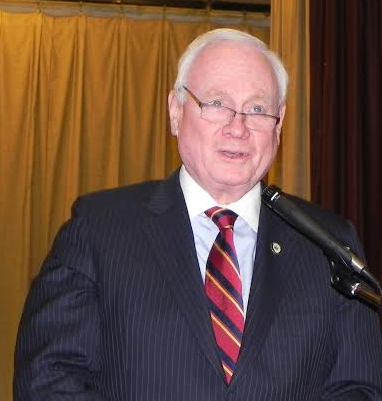Court ruling on sex offenders prompts lawmakers to act

State Sen. Marty Golden says the ruling by the state’s highest court lends a sense of urgency to the quest to stop convicted sex offenders from moving near schools, parks and other places where children gather. Eagle file photo by Paula Katinas
A controversial ruling by the New York State Court of Appeals striking down sex offender residency laws in local municipalities has spurred a flurry of activity in the state legislature, as lawmakers hunt for ways to restrict the movements of the ex-cons.
State Sen. Marty Golden (R-C-Bay Ridge-southwest Brooklyn) and Assemblymember Edward C. Braunstein (D-Bayside) have sponsored bills in their respective legislative houses that would prohibit all Level One, Two and Three sex offenders in the state living within 1,000 feet of a school.
The two lawmakers are imploring their colleagues to vote for the bills. “I urge my colleagues to pass this bill as soon as possible and the governor to sign it,” Golden said in a statement.
